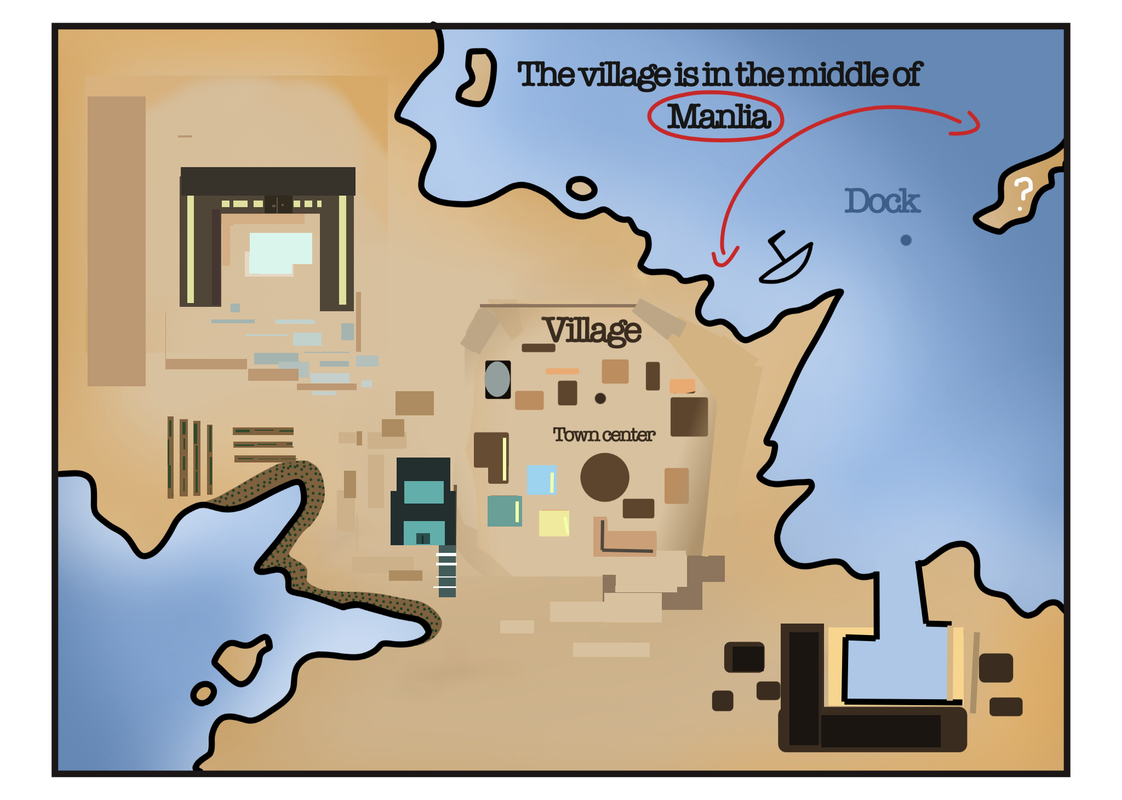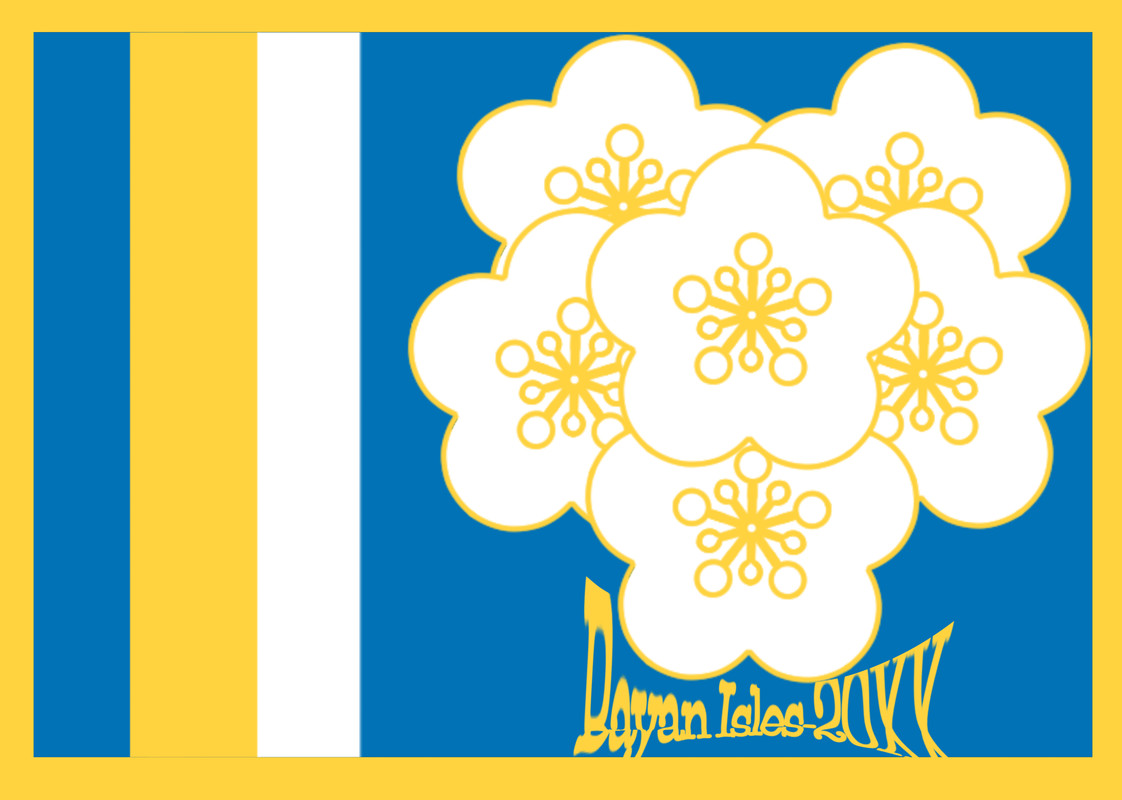Overview
The Bayan Isles is tropical island colony founded in the 1720s during the period of English exploration and colonization. This project presents an interactive exploration of Bayan Isles, including its flag, location, climate, population, beliefs, and government.
Located in a warm tropical climate, the islands feature lush groves, fertile farms, and bustling harbors. The population is diverse, and the culture includes unique traditions and beliefs centered around nature and community.
Navigate through the sections to learn more about the islands and their history.
Interactive Map
Click any sampaguita marker to open a popup describing the place. (Marker positions can be
edited by changing data-pos="left,top" in the HTML.)

- Sampaguita marker — interactive landmark
- Anchor — Harbor / Shipyards (Coralport)
- Sheaf — Farms & Fields (Palay Fields)
- Star — Capital (San Lumina)
- Hammer — Market & Artisans (Marketon)
- Tree — Sacred grove (Grovehaven)
- Dotted line — Major sea/trade route
- Coastal shipping lane (main internal trade)
- East–west trade route connecting neighboring islands
- Local canoe routes from villages to Coralport
Population & Beliefs
The islands are home to about 67 residents, primarily fishermen, farmers, artisans, and merchants. The culture is a blend of indigenous traditions and English colonial influences.
Key beliefs center around respect for the sea and land, with festivals held at Grovehaven temple. The sampaguita flower is a cultural symbol, often used in ceremonies and as markers on the map.
Declaration of Independence
In 1720, the Bayan Isles declared their autonomy from colonial rule, establishing a Council Hall in San Lumina as the governing body. The declaration emphasized community, stewardship of the land, and protection of the island's natural resources.
Rights & Freedoms
- Right to fair treatment under the Council's laws
- Freedom to practice traditional beliefs and ceremonies
- Access to community resources and education
- Protection of fishing and farming rights
- Right to participate in the Council elections
Government & Constitution
The Council Hall governs the islands with elected representatives from each major settlement. The constitution balances local traditions with modern governance principles, ensuring sustainable development and cultural preservation.
